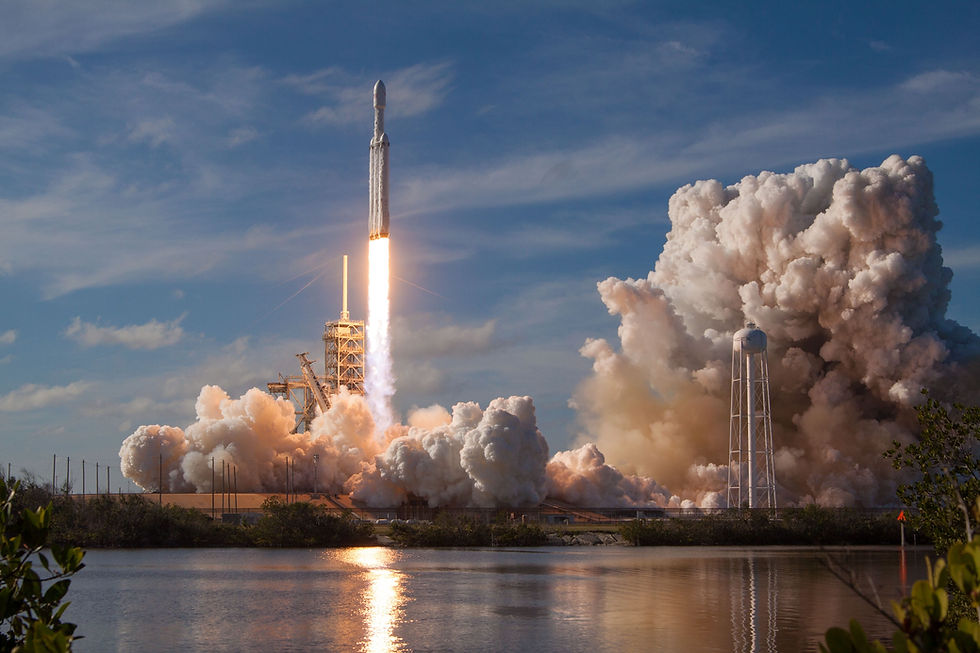Race Discrimination, all the way to Space
- Yadhu Karthikeyan

- Nov 21, 2023
- 2 min read
"Not a citizen, not a problem" used to be the motto of the proverbial American Dream, yet "the ideal that every citizen of the United States should have an equal opportunity to achieve success and prosperity through hard work, determination, and initiative" is hardly true anymore, as even the largest and most relatable companies of today's day and age use the hammer of discrimination to stifle opportunity (Churchwell, 2021).

The latest case of this comes from Elon Musk's SpaceX, who's under-fire from the DOJ regarding the discrepant hiring of immigrants, refugees, and asylum seekers, as the company itself seeks to bolster its forces with citizenship status. The giant previously citesd privacy issues and national security clearances surrounding its NASA collaborations and private space exploration projects, yet recent studies may have called SpaceX out on their bluff. The jobs in which US citizens are preferred are not limited to their high-security engineering and research projects, but also their cooking, cleaning and welding departments; low-skill labour that would surely benefit those entering the country.
The economic implications of SpaceX's race discrimination in hiring extend far beyond the company itself, influencing the broader economic landscape and contributing to systemic inequalities. By perpetuating discriminatory practices, SpaceX limits opportunities for talented individuals based on their race, which not only harms the affected individuals but also hampers the overall diversity and creativity within the company. A lack of diversity within the workforce can lead to a narrow range of perspectives, hindering innovation and problem-solving, which are crucial drivers of economic growth in the technology and space industries.
Furthermore, SpaceX's discriminatory hiring practices can have ripple effects throughout the economy. It sends a damaging message to aspiring professionals from marginalized communities, dissuading them from pursuing careers in STEM fields or related industries. This perpetuates a cycle of inequality where certain groups face barriers to entry and advancement, limiting the pool of talent available for companies like SpaceX. In the long run, fostering an inclusive and diverse workforce is not just a matter of social justice; it is an economic imperative that ensures a robust and competitive industry prepared to tackle the challenges of the future.




Comments